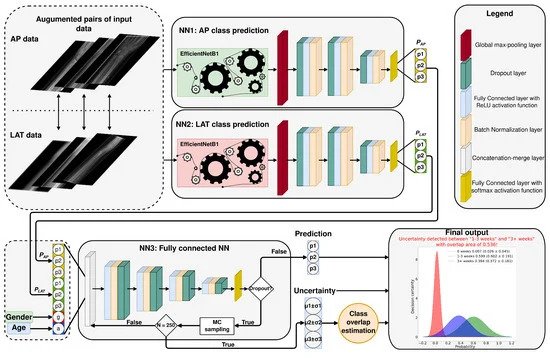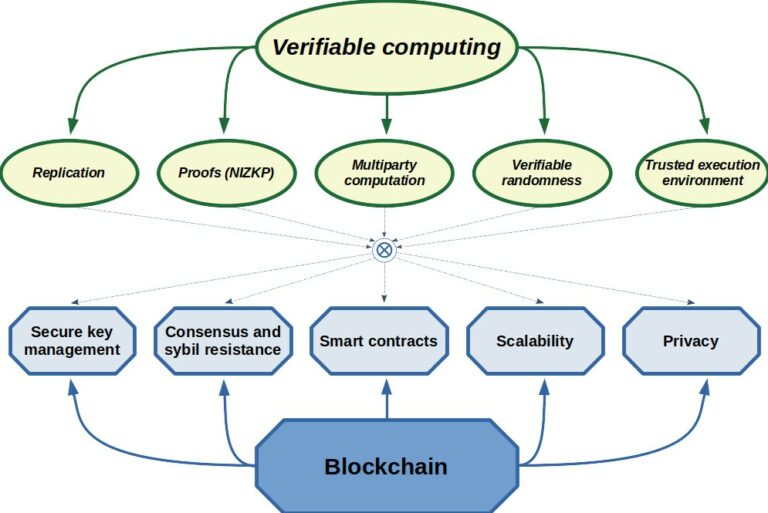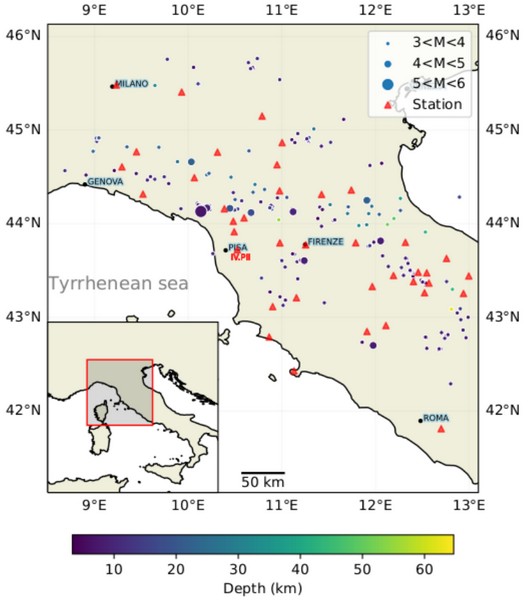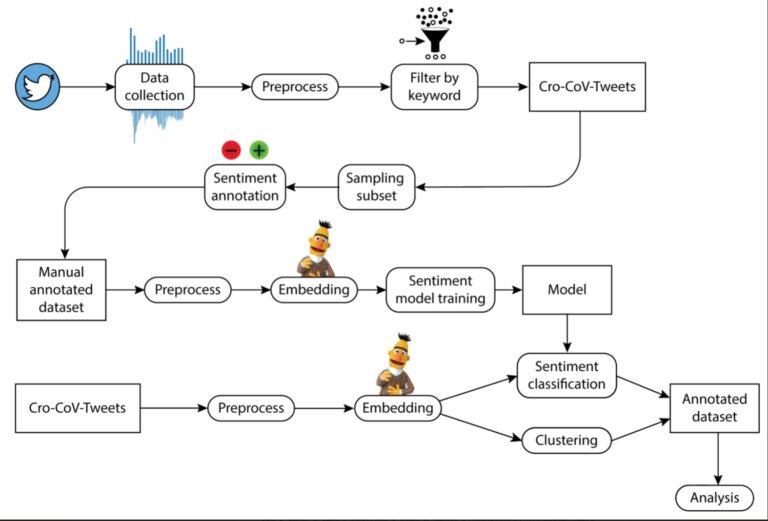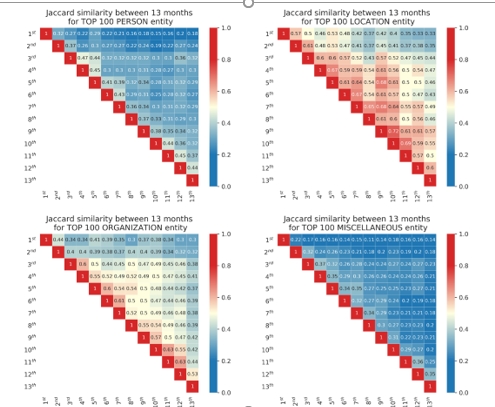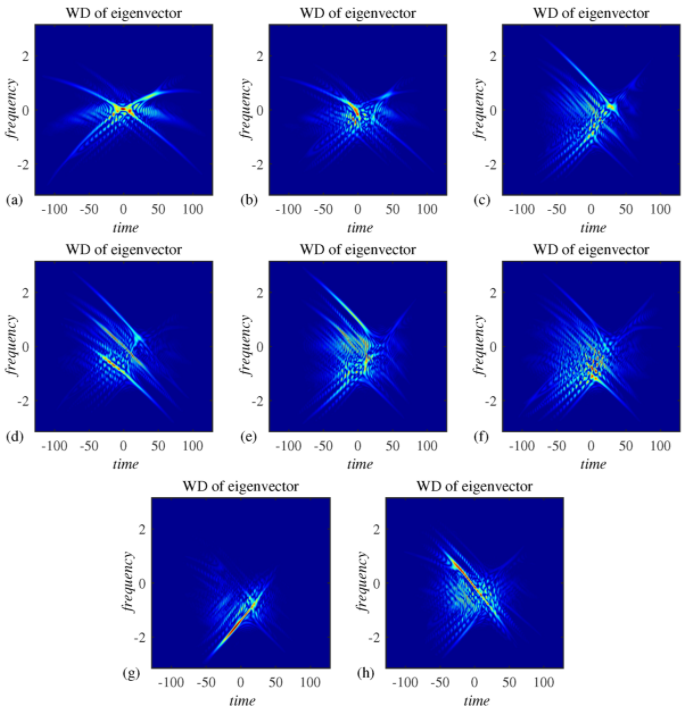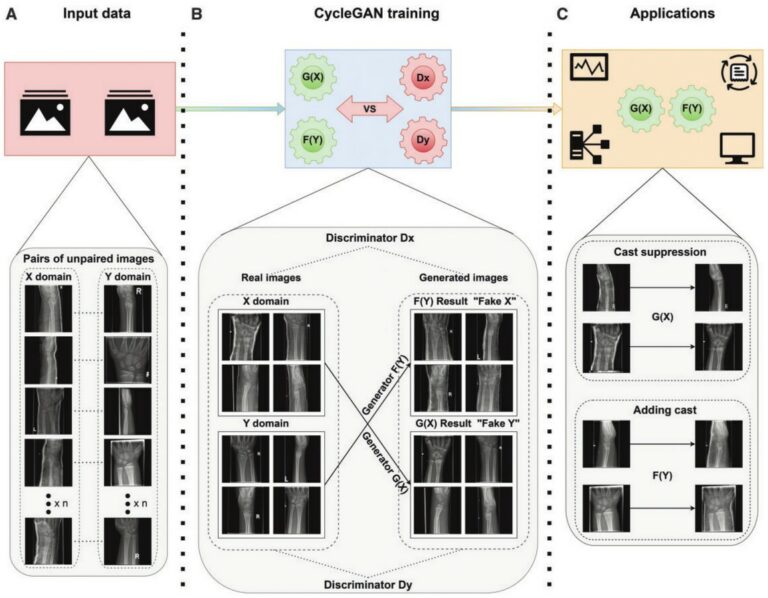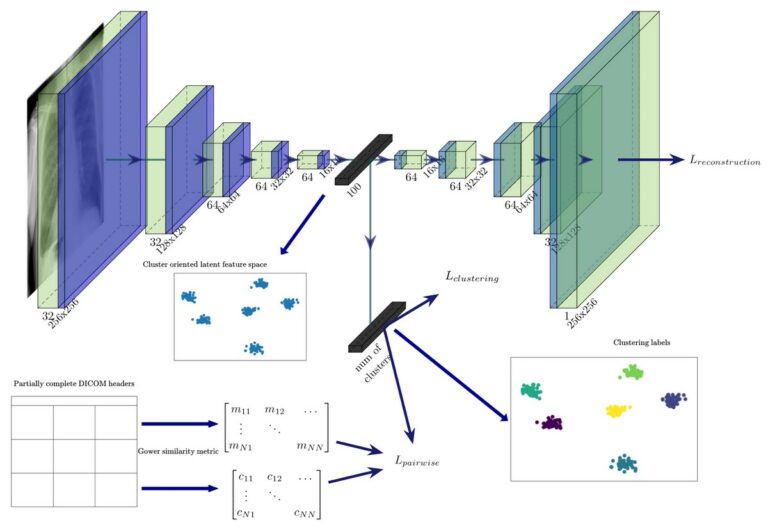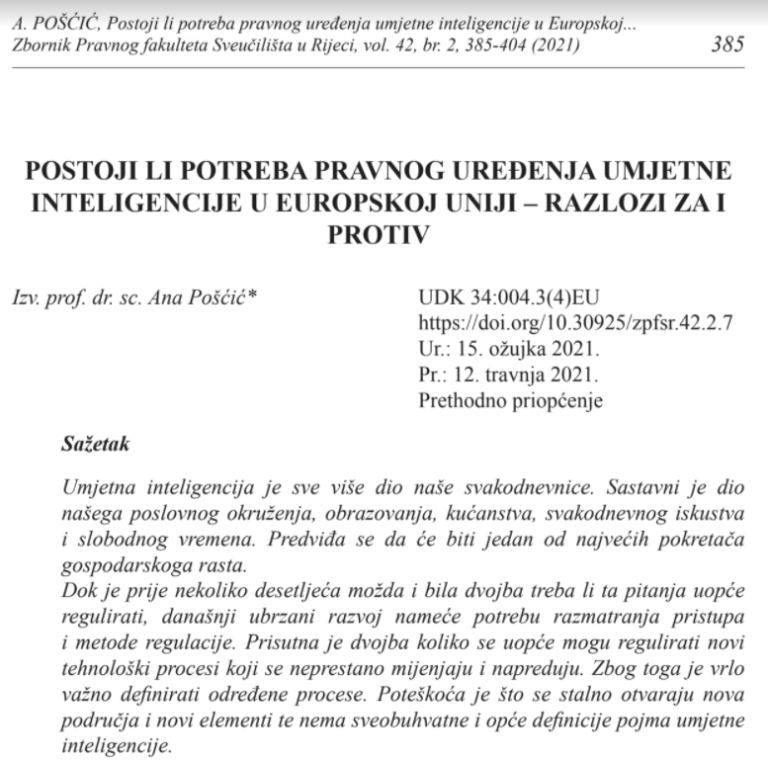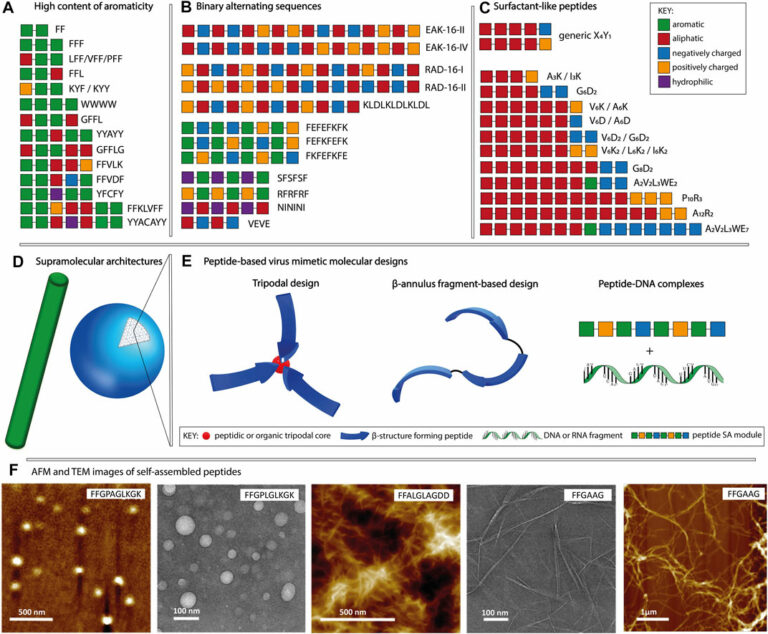In clinical practice, fracture age estimation is commonly required, particularly in children with suspected non-accidental injuries. It is usually done by radiologically examining the injured body part and analyzing several indicators of fracture healing such as osteopenia, periosteal reaction, and fracture gap width. However, age-related changes in healing timeframes, inter-individual variabilities in bone density, and […]
Research Papers
Verifiable Computing Applications in Blockchain
From weak clients outsourcing computational tasks to more powerful machines, to distributed blockchain nodes needing to agree on the state of the ledger in the presence of adversarial nodes, there is a growing need to efficiently verify the results of computations delegated to untrusted third parties. Verifiable computing is a new and interesting research area […]
Transfer learning: Improving neural network based prediction of earthquake ground shaking for an area with insufficient training data
In a recent study we showed that convolutional neural networks (CNNs) applied to network seismic traces can be used for rapid prediction of earthquake peak ground motion intensity measures (IMs) at distant stations using only recordings from stations near the epicenter. The predictions are made without any previous knowledge concerning the earthquake location and magnitude. […]
Characterisation of COVID-19-Related Tweets in the Croatian Language: Framework Based on the Cro-CoV-cseBERT Model
This study aims to provide insights into the COVID-19-related communication on Twitter in the Republic of Croatia. For that purpose, we developed an NL-based framework that enables automatic analysis of a large dataset of tweets in the Croatian language. We collected and analysed 206,196 tweets related to COVID-19 and constructed a dataset of 10,000 tweets […]
Infoveillance of the Croatian Online Media during the COVID-19 Pandemic: a One-Year Longitudinal NLP Study
Background: Online media plays an important role in public health emergencies and serves as a communication platform. Infoveillance of online media during the COVID-19 pandemic is an important step toward a better understanding of crisis communication. Objective: The goal of this study is to perform a longitudinal analysis of the COVID-19 related content based on natural language […]
Multivariate Decomposition of Acoustic Signals in Dispersive Channels
We present a signal decomposition procedure, which separates modes into individual components while preserving their integrity, in effort to tackle the challenges related to the characterization of modes in an acoustic dispersive environment. With this approach, each mode can be analyzed and processed individually, which carries opportunities for new insights into their characterization possibilities. The […]
Cast suppression in radiographs by generative adversarial networks
Injured extremities commonly need to be immobilized by casts to allow proper healing. We propose a method to suppress cast superimpositions in pediatric wrist radiographs based on the cycle generative adversarial network (CycleGAN) model. We retrospectively reviewed unpaired pediatric wrist radiographs (n = 9672) and sampled them into 2 equal groups, with and without cast. […]
Deep Semi-Supervised Algorithm for Learning Cluster-Oriented Representations of Medical Images Using Partially Observable DICOM Tags and Images
The task of automatically extracting large homogeneous datasets of medical images based on detailed criteria and/or semantic similarity can be challenging because the acquisition and storage of medical images in clinical practice is not fully standardised and can be prone to errors, which are often made unintentionally by medical professionals during manual input. In this […]
Postoji li potreba pravnog uređenja umjetne inteligencije u europskoj uniji – razlozi za i protiv
Umjetna inteligencija je sve više dio naše svakodnevnice. Sastavni je dio našega poslovnog okruženja, obrazovanja, kućanstva, svakodnevnog iskustva i slobodnog vremena. Predviđa se da će biti jedan od najvećih pokretača gospodarskoga rasta. Dok je prije nekoliko desetljeća možda i bila dvojba treba li ta pitanja uopće regulirati, današnji ubrzani razvoj nameće potrebu razmatranja pristupa i […]
